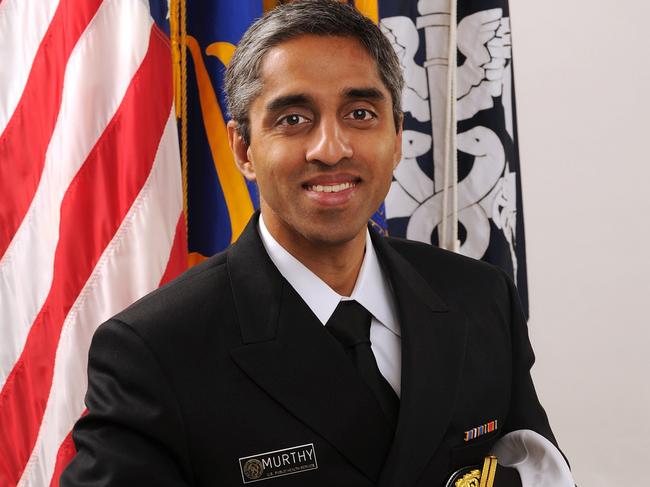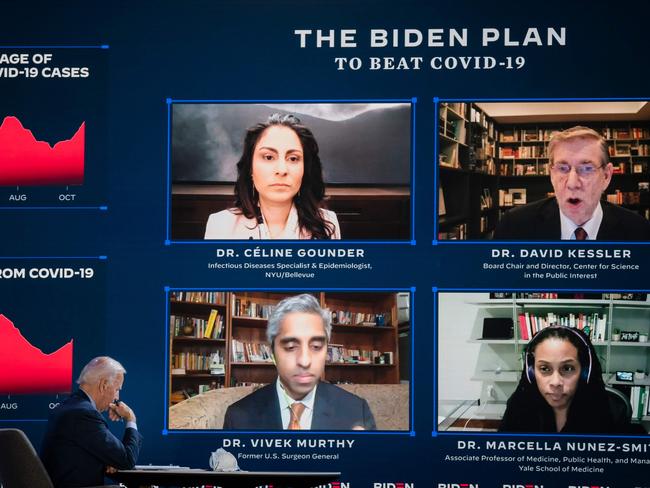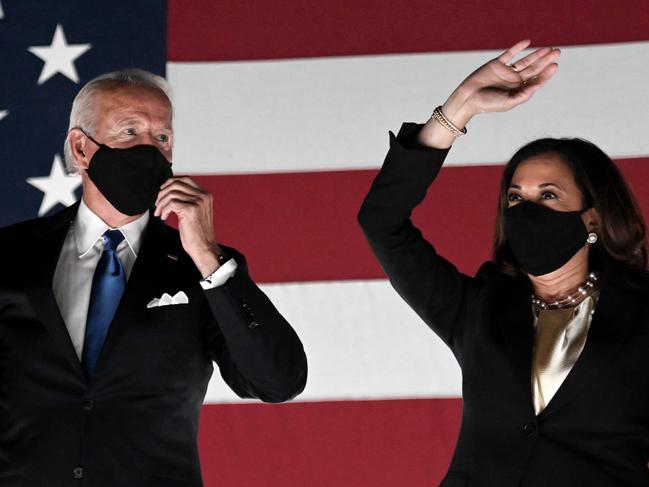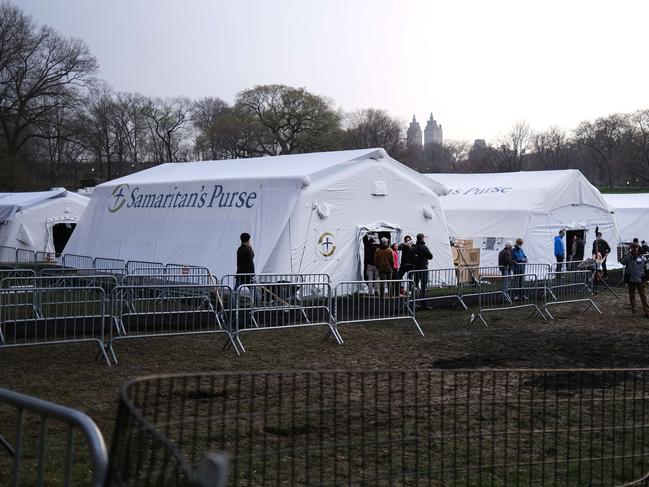Joe Biden vows to kerb the US’s record COVID-19 cases: Here’s what he must do
US President-elect Joe Biden has announced his coronavirus team of experts in an effort to win the “most important battle” of his administration. Australian experts weigh in.
Coronavirus
Don't miss out on the headlines from Coronavirus. Followed categories will be added to My News.
US President-elect Joe Biden plans to meet Monday, local time, with his new coronavirus task force and give remarks about his plans for tackling the global pandemic, as well as rebuilding the American economy.
“Dealing with the coronavirus pandemic is one of the most important battles our administration will face, and I will be informed by science and by experts,” Mr Biden said in a statement released on Monday morning.
“The advisory board will help shape my approach to managing the surge in reported infections; ensuring vaccines are safe, effective, and distributed efficiently, equitably, and free; and protecting at-risk populations,” he added.
The New York Post reported that the board will be co-chaired by former Surgeon General Vivek Murthy, former Food and Drug Administration Commissioner David Kessler and Yale University associate professor Marcella Nunez-Smith.
Among the panel’s 10 members will be Rick Bright, who was removed as head of a federal agency called the Biomedical Advanced Research and Development Authority earlier this year.


It comes as Mr Biden’s first task as president may well turn out to be the biggest and most important of his entire term: bringing America’s coronavirus outbreak under control.
In his victory speech, the next president said he would “spare no effort, none, or any commitment to turn around this epidemic” – but the scale of the challenge will be immense, with cases of new COVID-19 transmission in the USA in excess of 130,000 per day.
More than 237,000 Americans have died so far, and that tally is expected to soar past a quarter of a million before Biden’s inauguration.
According to infectious diseases expert Professor Mary-Louise McLaws from the University of NSW, Biden’s first move must be to “listen to his epidemiologists, his scientists and get America back to the centre”.

When president, Biden should call a meeting of state governors to discuss the outbreak, she said.
“Now could be the time to have a national coming together of leaders to see what could be done. There is very little point in trying to ameliorate the outbreak in one state when you can’t close state borders,” Prof McLaws said.
Global health security expert Associate Professor Adam Kamradt-Scott, a nonresident fellow with the United States Studies Centre, said getting consistency in health messaging across the USA would be vitally important, particularly in the Republican-leading regions where the virus was at its worst.
“Everyone needs to be on the same page, so being able to reach across the divide is going to be really important,” he said.


Getting widespread testing and contact tracing in place would be a key step, he said.
But he cautioned Biden against mandating the use of face masks or calling for state border closures, saying such blanket measures could alienate people – particularly in the US, where personal liberty is highly valued.
But the fact Biden and Vice-President-elect Kamala Harris would personally continue to wear masks and socially distance in public would make a difference, Prof McLaws said.
“It makes those things a social norm,” she said. “It gets the hearts and minds on board.”
Biden and Harris should also publicly take a COVID-19 vaccine when one becomes available, she said, to offset the “vaccine hesitancy” that could work against its effectiveness.
“That show of leadership from the top is really important,” she said.

At the age of 77, Biden himself could be vulnerable to COVID-19, and extraordinary measures to ensure his health and safety would not be unreasonable, Prof McLaws said. Weekly COVID-19 tests for White House staff could be supplemented with daily point-of-care tests, she said, adding that while such rapid tests were not perfect they were still useful.
Assoc Prof Kamradt-Scott said that even before a vaccine became available, the USA had the ability to bring the virus under control.
“A vaccine would be very helpful but we have seen countries do well without the vaccine through public health measures like social distancing and mask wearing,” he said.
“These measures have been implemented from the 14th century onwards. They’re tried and tested.”

Professor Raina MacIntyre, head of the Biosecurity Research Program at the Kirby Institute, laid out a 10-point plan for the incoming administration to get on top of the outbreak:|
1. Find every case. Ensure high quality test kits, including rapid diagnostics, are widely available across the country.
2. Track every contact. Rapidly develop digital contact tracing methods, as the epidemic is too large in the US for manual contact tracing.
3. Mask mandates.
4. Develop effective health promotion communication. Communicate simple measures such as social distancing, mask wearing, adequate ventilation of indoor spaces and vaccination
5. Allow the CDC [Centers for Disease Control] to be the lead organisation in the national response and use the skills there.
6. Protect health workers and the health system.
7. Repurpose manufacturing to make essential medical goods such as N95s, masks, other personal protective equipment, ventilators so that there are no shortages.
8. Create a diverse vaccine portfolio.
9. Scale up public health response capacity – including personnel and infrastructure for contact tracing and vaccination.
10. Use lockdowns where other measures fail.
MORE NEWS
‘Time to heal’: Biden’s plan to fix America
What happens if Joe Biden dies in office?
‘You’re fired’: Hollywood reacts to Trump loss
